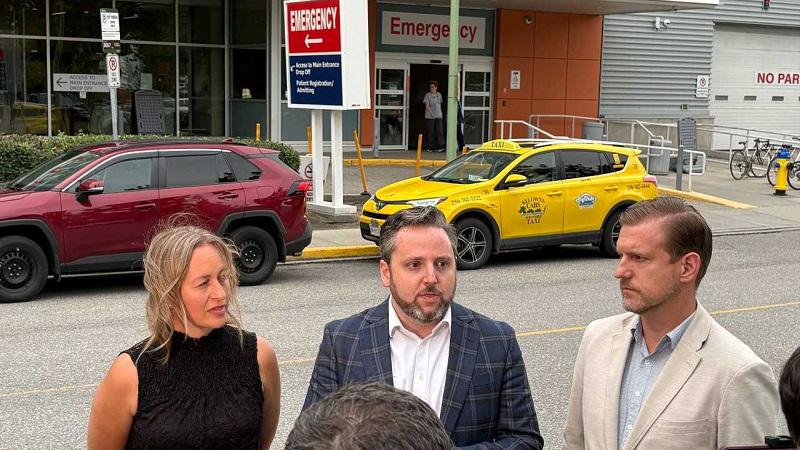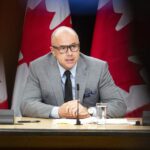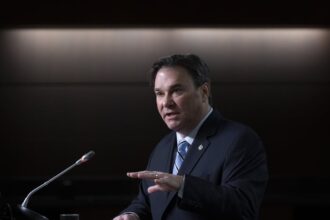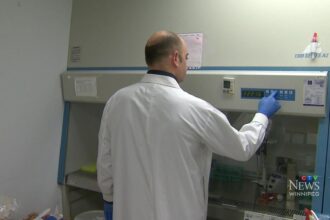The corridors of British Columbia’s hospitals are becoming increasingly congested as a healthcare system under extraordinary strain struggles to meet the needs of the province’s residents. This week, North Okanagan MLAs issued an urgent call to action, describing the province’s healthcare situation as reaching “crisis levels” that demand immediate intervention from the provincial government.
“What we’re witnessing is not just a temporary challenge but a systemic breakdown,” said Vernon-Monashee MLA Harwinder Sandhu, who brings a unique perspective as a former registered nurse. “Hospital corridors are filled with patients waiting for beds, emergency departments are overwhelmed, and healthcare workers are reaching their breaking point after years of unsustainable pressure.”
The crisis manifests most visibly in emergency departments where wait times have stretched to unprecedented lengths. At Vernon Jubilee Hospital, patients report waiting up to 16 hours for emergency care, with some being treated in hallways due to the severe shortage of available beds. Similar scenes are playing out across the province, from Vancouver Island to the Interior.
Healthcare professionals point to multiple factors fueling the crisis. Dr. Margaret Chen, head of emergency medicine at a major BC hospital, explained: “We’re dealing with a perfect storm—staffing shortages exacerbated by pandemic burnout, an aging population with increasingly complex medical needs, and infrastructure that hasn’t kept pace with population growth.”
The shortfall of family doctors continues to compound the problem. Recent statistics from the College of Physicians and Surgeons of BC indicate that nearly one million British Columbians lack access to a primary care provider. Without regular preventative care, many residents turn to emergency departments for conditions that could have been addressed earlier in less acute settings.
“When people can’t access primary care, they inevitably end up in emergency rooms with conditions that have worsened over time,” noted healthcare policy analyst Jordan Williams. “This creates a vicious cycle that further strains an already overwhelmed system.”
The provincial government has announced a $3.2 billion healthcare investment package aimed at addressing these challenges, with funds allocated for recruitment of healthcare professionals, expanding urgent care centers, and modernizing hospital infrastructure. However, opposition MLAs argue these measures fall short of what’s needed to address the immediate crisis.
“These investments, while welcome, will take years to bear fruit,” said Kelowna-Lake Country MLA Norm Letnick. “Patients need solutions today, not promises for tomorrow.”
Healthcare worker unions have joined the chorus of concern, highlighting dangerous levels of burnout among their members. A recent survey by the BC Nurses’ Union found that 76% of nurses have considered leaving the profession in the past year due to unsustainable workloads and emotional exhaustion.
“We’re losing experienced healthcare professionals at an alarming rate,” said BCNU President Aman Grewal. “The knowledge and expertise walking out the door cannot be quickly replaced, even with aggressive recruitment campaigns.”
Community advocacy groups are mobilizing in response to the crisis. The BC Healthcare Coalition has organized town halls across the province, collecting patient stories and developing grassroots solutions to present to government officials.
“This isn’t just a government problem—it’s a community problem that requires all of us working together,” said coalition spokesperson Sarah Thompson. “But we need leadership and resources from Victoria to make meaningful change possible.”
As British Columbians face this healthcare reckoning, the fundamental question emerges: can our healthcare system be reformed quickly enough to meet current demands, or are we witnessing the beginning of a deeper transformation in how care is delivered in this province?










